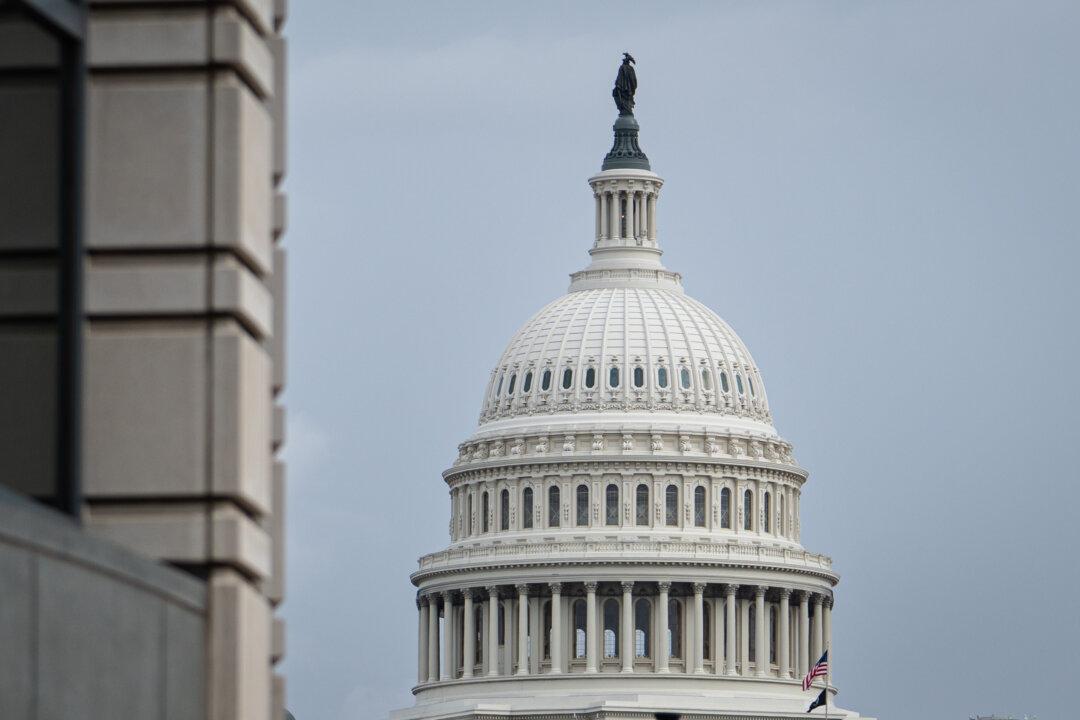The House Rules Committee advanced on Feb. 24 a budget resolution that would begin the process of the GOP passing a major bill consisting of President Donald Trump’s agenda, sending it to the House floor for a crucial vote.
The committee reported out the resolution 9-4.






